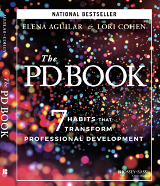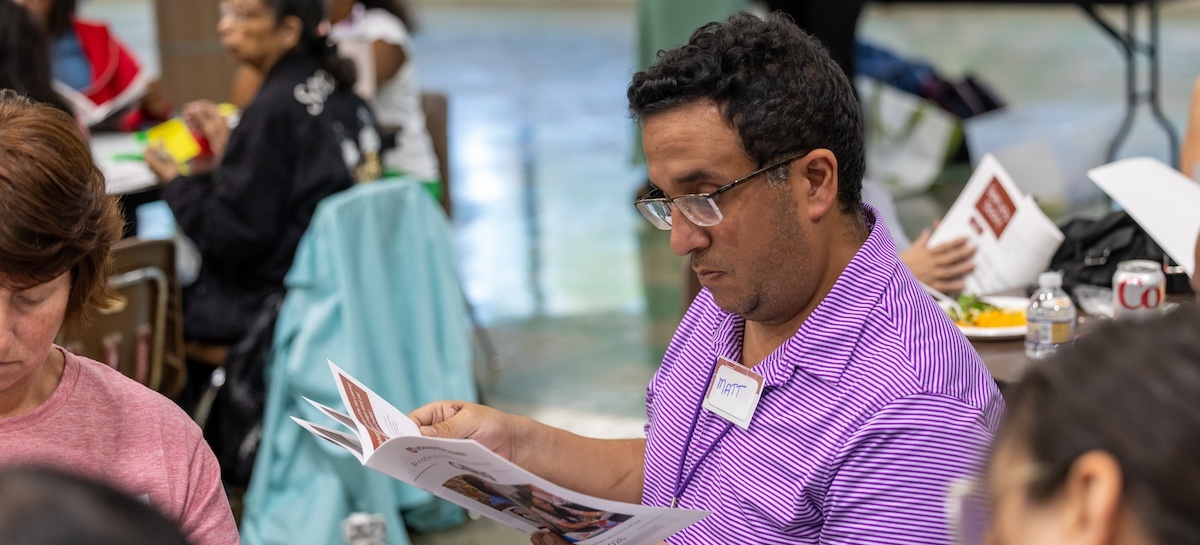The PD Book: 7 Habits That Transform Professional Development
by Elena Aguilar and Lori Cohen

UChicago STEM Education has been providing high-quality professional development for decades. One challenge often faced is how to best meet the needs of the audience and how to keep participants actively engaged. Reading The PD Book: 7 Habits That Transform Professional Development by Elena Aguilar and Lori Cohen paved the way for our team to refresh and refine some of our protocols in order to continue to provide an excellent experience for all learners.
Providing meaningful and purposeful professional development (PD) requires a balancing act of meeting the needs of the audience, giving relevant and useful new learning, and not overloading the audience with information. The end goal for PD is change in teacher practice. Aguilar and Cohen walk through 7 habits to consider when creating high-quality professional development. Below are highlights from two of the chapters.
Chapter 1 - Determine Purpose suggests a meaningful exercise to engage in with your team.
The Five Whys to Purpose supports the core beliefs about PD and provides the opportunity to reflect on what truly matters. The end result is a purpose statement that will serve as a guide in supporting purposeful PD sessions aligned with school/district goals. Participating in this exercise ensures that PD sessions are not seen as an afterthought, integrates priorities that support change, and provides a clearer vision through the decision-making process.
Chapter 5 - Design Intentionally outlines the importance of using three essential tools to support a learning environment that allows all PD participants to be valued members of the process. Using the three tools ensures the teacher's voice is a part of the design process.
- Collect participant data- In order to ensure teacher voice is heard, it is critical to provide participants with surveys prior to facilitating the PD and collect feedback after each session. It is also critical to know what was learned, what learning still needs to happen, and suggestions for improvement. If teachers know you are listening, they will be invested in the PD.
- Planning Questions- Aguilar and Cohen suggest working through “21 Planning Questions That Will Make PD Awesome” in order to lay the foundation for your PD agenda. Being intentional about what is going to happen in each PD session requires thoughtful planning. The 21 Planning Questions include having an intentional purpose and intended outcomes, knowing your audience and context, prioritizing topics and offering choice, applying adult learning principles with a variety of learning, and measuring both learning and growth. As a PD facilitator and participant, it is essential to know this type of planning is part of the process in order to get to the end goal, change in practice.
- The What-Why-How Agenda- As a PD participant it is important to know expectations for a session; however, the agenda should go beyond a list of items. The agenda should allow participants to see the complete layout for the PD session, providing transparency for the learner. The sequence of events is spelled out and how topics fit together seamlessly is evident. Providing the extra details shows participants the intentional planning that took place.
Applying the 7 habits described by Aguilar and Cohen has become instrumental in reimagining PD created by our team. We highly recommend this book for teachers and principals to transform your PD experiences at your school.
